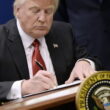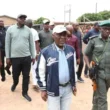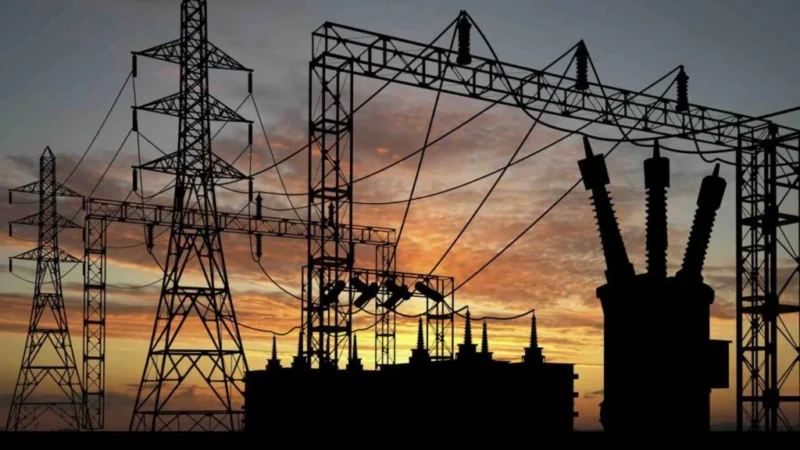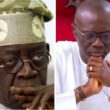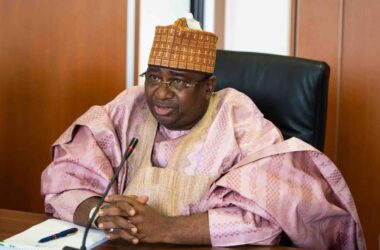The Presidency has started the process of getting internal approvals to clear the massive N2 trillion debt it owes to power generation companies (GenCos), a move that has drawn applause from key players in Nigeria’s power sector.
The announcement was made during the second Nigerian Electricity Supply Industry (NESI) Stakeholders Meeting of 2025, held in Abuja and organised by the Nigerian Electricity Regulatory Commission (NERC).
Speaking at the event, a representative from the office of the Special Adviser to the President on Energy, Eriye Onagoruwa, said steps are already in motion to address the longstanding financial burden. She noted that the government is well aware of how the debt has affected GenCos and the general power supply across the country.
“We are empathetic to what GenCos are facing,” she said. “We are exploring alternative debt instruments, and I can confirm that both the Coordinating Minister of the Economy and the Debt Management Office are aligned with this effort. Internal approvals are currently underway.”
Due to current financial limitations, Onagoruwa explained that the Federal Government is looking into other methods, such as debt instruments, to offset the owed amount. Though she did not offer a precise date for the debt settlement, she noted that a clearer update may be provided by the next NESI meeting, expected within three months.
“I hope by the next NESI meeting, I will be able to share a clear update,” she added.
Industry watchers say the debt, which reportedly exceeds N4 trillion, has become a major stumbling block for GenCos, many of which are struggling to stay afloat.
Earlier in the year, reports emerged that the government had stopped paying GenCos altogether, causing the monthly unpaid bills to climb to about N200 billion. This has brought the outstanding debt to nearly N800 billion since the beginning of 2025.
The Senate Committee on Power has also voiced concern about this growing debt, calling it a serious threat to the stability of the power sector.
At the same meeting, other issues affecting the industry were discussed, including metering shortfalls, plans for a Presidential Metering Initiative, and the introduction of the Meter Asset Fund. Stakeholders also examined the transition to a tiered electricity market and how State Electricity Regulatory Commissions will operate under the new system.
John Akinnawo, acting Managing Director of the Nigerian Bulk Electricity Trading Plc, warned of the dangers of decentralising power sector control too quickly. He said the Nigerian Independent System Operator (NISO) should act as a central guide to prevent policy confusion.
NISO’s Managing Director, Abdu Mohammed Bello, gave a detailed report on the agency’s main goals and plans. He noted the agency’s role in improving transparency and keeping the national grid running smoothly.



